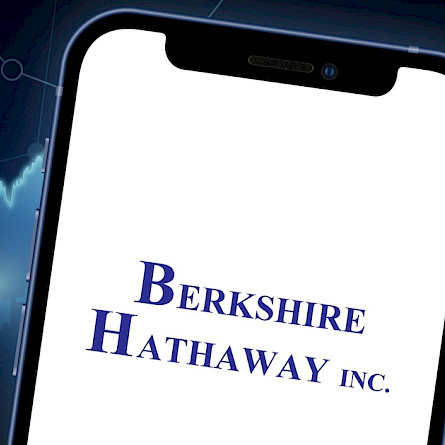This year’s letter was special because of the death last November of Charlie Munger, Mr. Buffett’s right-hand man for decades.
For those who follow financial news, numerous articles were written in the hours following the publication of Buffett’s letter. I will therefore not do like most observers by going over the main points. On the other hand, if you have not done so, I highly recommend reading this letter which, as always, is very informative, besides being entertaining
.
I will focus on several aspects of Mr. Buffett’s letter, the latest and the many that preceded it, that reflect the unusual values of Berkshire Hathaway and its executives.
Transparency
Mr. Buffett always wrote his letter to shareholders as if they were his business partners, which they truly are. Unlike most company annual reports, which focus on the positive, Buffett presents the facts as they are.
For example, he states that, given its large size, Berkshire Hathaway will no longer be able to produce returns as high as when it started: “All in all, we have no possibility of eye-popping performance.”
Integrity
It is rare to see the CEO of a company on the stock market publicly admit his mistakes. Yet this is what Buffett does regularly. This year, he wrote at greater length than usual about two divisions of Berkshire Hathaway, BNSF (railroad) and Berkshire Hathaway Energy, an electricity producer and transporter, both of which performed somewhat disappointingly in 2023.
Humility
Many business leaders take credit for the success of the companies they manage. Not Buffett. In his letter, he attributes the phenomenal success of Berkshire Hathaway to his great friend and partner, Charlie Munger, whom he identifies as the architect of the Berkshire Hathaway “building”: “In the physical world, great buildings are linked to their architect while those who had poured the concrete or installed the windows are soon forgotten. Berkshire has become a great company. Though I have long been in charge of the construction crew, Charlie should forever be credited with being the architect.”
This analogy is interesting because Mr. Munger was an architect in his spare time! He notably designed the plans for his family home in California, but also those for dormitory buildings that he donated to the Universities of Michigan and Stanford.
Lucidity (rationalism)
Buffett knows very well that it is only a matter of time before the stock markets and the economy experience another depressive episode like in 2008-2009, or even in March 2020. Although he may no longer be there when this happens (he is 93 years old), Berkshire, with its more than $160 billion in cash, will be able to benefit from it:
“Berkshire’s ability to immediately respond to market seizures with both huge sums and certainty of performance may offer us an occasional large-scale opportunity. Though the stock market is massively larger than it was in our early years, today’s active participants are neither more emotionally stable nor better taught than when I was in school. For whatever reasons, markets now exhibit far more casino-like behaviour than they did when I was young. The casino now resides in many homes and daily tempts the occupants.”
Prudence
For Buffett, the ability to get through the toughest times without getting too damaged is more important than maximizing short-term profits. He manages the company like this, while retaining a huge financial cushion:
“I believe Berkshire can handle financial disasters of a magnitude beyond anything heretofore experienced. This ability is one we will not relinquish. Berkshire does not currently pay dividends, and its share repurchases are 100% discretionary. Annual debt maturities are never material.”
“Extreme fiscal conservatism is a corporate pledge we make to those who have joined us in ownership of Berkshire. In most years – indeed in most decades – our caution will likely prove to be unneeded behaviour – akin to an insurance policy on a fortress-like building thought to be fireproof. But Berkshire does not want to inflict permanent financial damage – quotational shrinkage for extended periods can’t be avoided – on Bertie or any of the individuals who have trusted us with their savings.”
The Long Term
Buffett is extremely patient. All his decisions are taken with a horizon of several years, even decades. Above all, he is looking to invest in high-quality companies that can grow for decades. In his letter, he talks about Berkshire’s investments in Coca-Cola (late 1980s) and American Express (its last purchase of the stock was in 1998):
“The lesson from Coke and AMEX? When you find a truly wonderful business, stick with it. Patience pays, and one wonderful business can offset the many mediocre decisions that are inevitable.”
He also wrote about BNSF (railway), a Berkshire subsidiary with a long-term horizon:
“A century from now, BNSF will continue to be a major asset of the country and of Berkshire. You can count on that.”
Few investors will come close to Buffett’s exceptional track record. I would add that few leaders will be as successful as Buffett. But both could do worse than emulate the message and values that Buffett has embodied for more than 60 years.
_______






